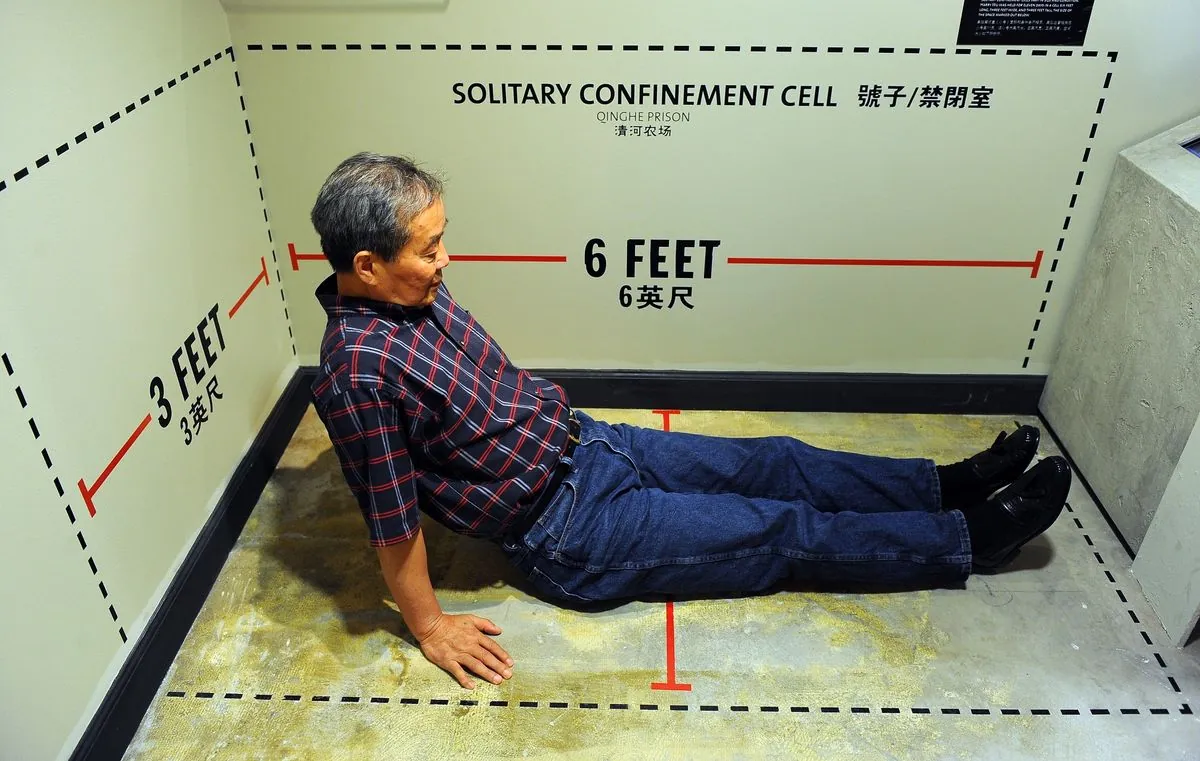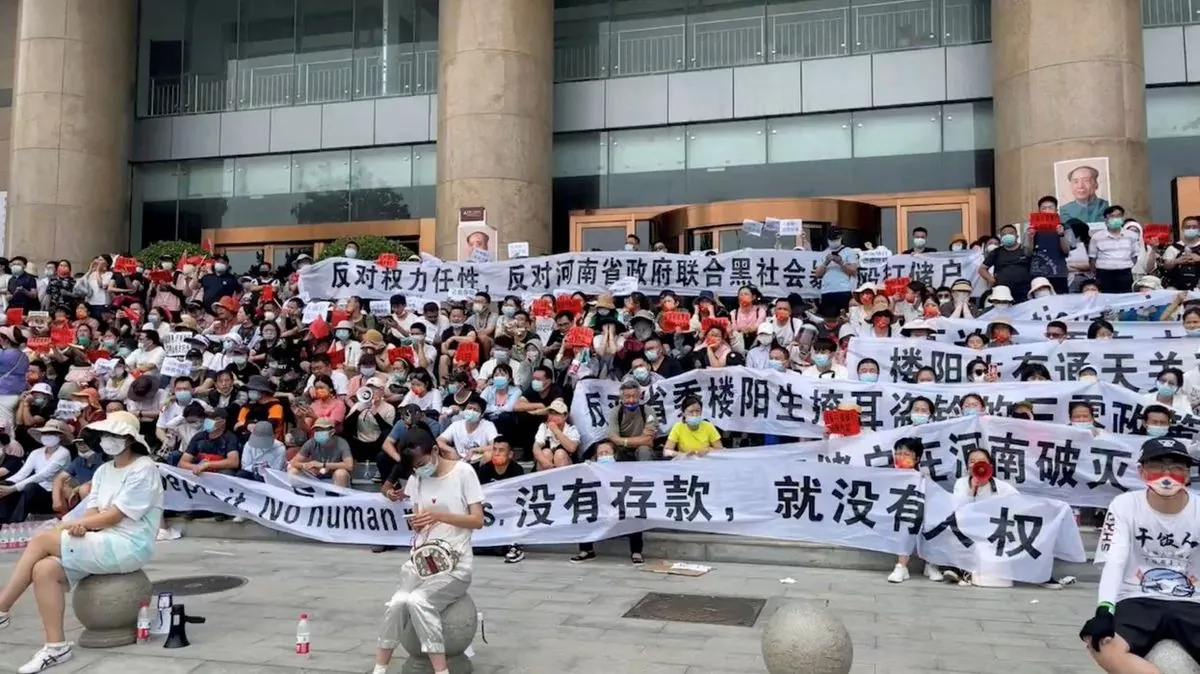Chinese Activist Marks 57th Birthday in Prison Amid Human Rights Concerns
Ding Jiaxi, a prominent Chinese activist, spends his 57th birthday in prison under harsh conditions. His case highlights ongoing human rights issues in China's treatment of political prisoners.

Ding Jiaxi, a prominent Chinese activist, marks his 57th birthday on August 17, 2024, confined to a prison cell in Hubei Province. This marks his fifth consecutive birthday in detention, highlighting the ongoing human rights concerns surrounding China's treatment of political prisoners.
Ding, a key figure in the now-defunct New Citizen's Movement, was detained in December 2019 following an informal gathering in Xiamen to discuss current affairs. In April 2023, he received a 12-year sentence for "subverting state power," a charge frequently used against dissidents in China.

Sophie Luo, Ding's wife, expresses deep concern for her husband's well-being. Despite assurances of good health in his letters, Luo remains skeptical, citing previous instances of torture. The lack of direct communication exacerbates her worries, as she has not heard Ding's voice since his 2019 detention.
The treatment of political prisoners in China has drawn international criticism. Maya Wang of Human Rights Watch notes that such harsh conditions have worsened under President Xi Jinping's leadership. Prisoners often face torture, limited legal representation, and minimal family contact.
U.S. Representative Adam Schiff, a member of a bipartisan human rights commission, has called for Ding's release. Schiff's statement underscores the isolation Ding endures, separated from his loved ones and marking another birthday alone.
"Once again, he will be alone in a prison in Hubei Province in China. He will be separated from his loved ones — his wife and children. He will mark the passing of yet another birthday in isolation — his fifth in prison."
The case of Ding Jiaxi reflects broader issues within China's criminal justice system. With a conviction rate exceeding 99%, the system has faced scrutiny from international human rights organizations. The United Nations has repeatedly urged China to improve its human rights record, particularly concerning the treatment of dissidents and activists.
China's Constitution nominally guarantees freedom of speech and assembly, yet the government's actions often contradict these protections. The use of vague charges like "subverting state power" has become a common tactic to silence opposition voices.
The impact on Ding's family is profound. Luo laments the absence of her husband during crucial moments in their daughters' lives, emphasizing the personal toll of political imprisonment. The family's separation, with Luo and the children relocating to the United States, further illustrates the far-reaching consequences of China's approach to dissent.
As Ding Jiaxi spends another birthday in isolation, his case serves as a stark reminder of the ongoing human rights challenges in China and the personal sacrifices made by those who advocate for civil liberties and democratic reforms.


































